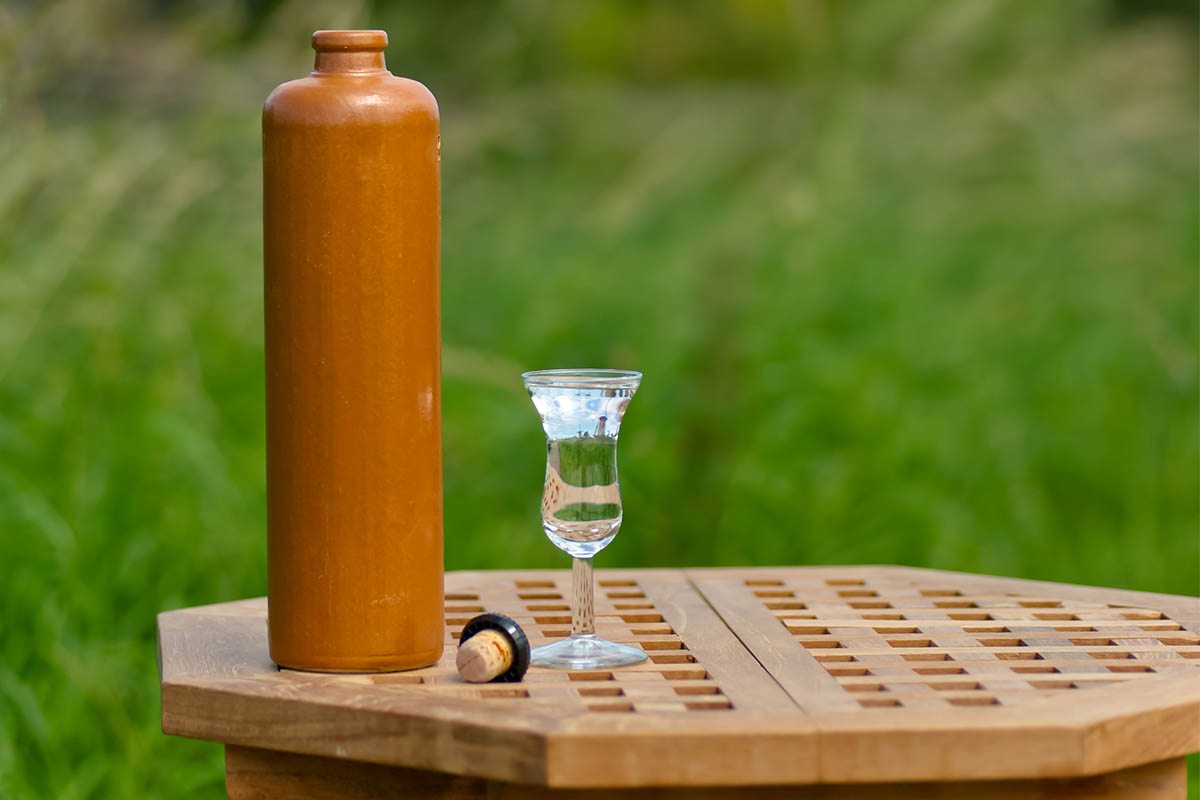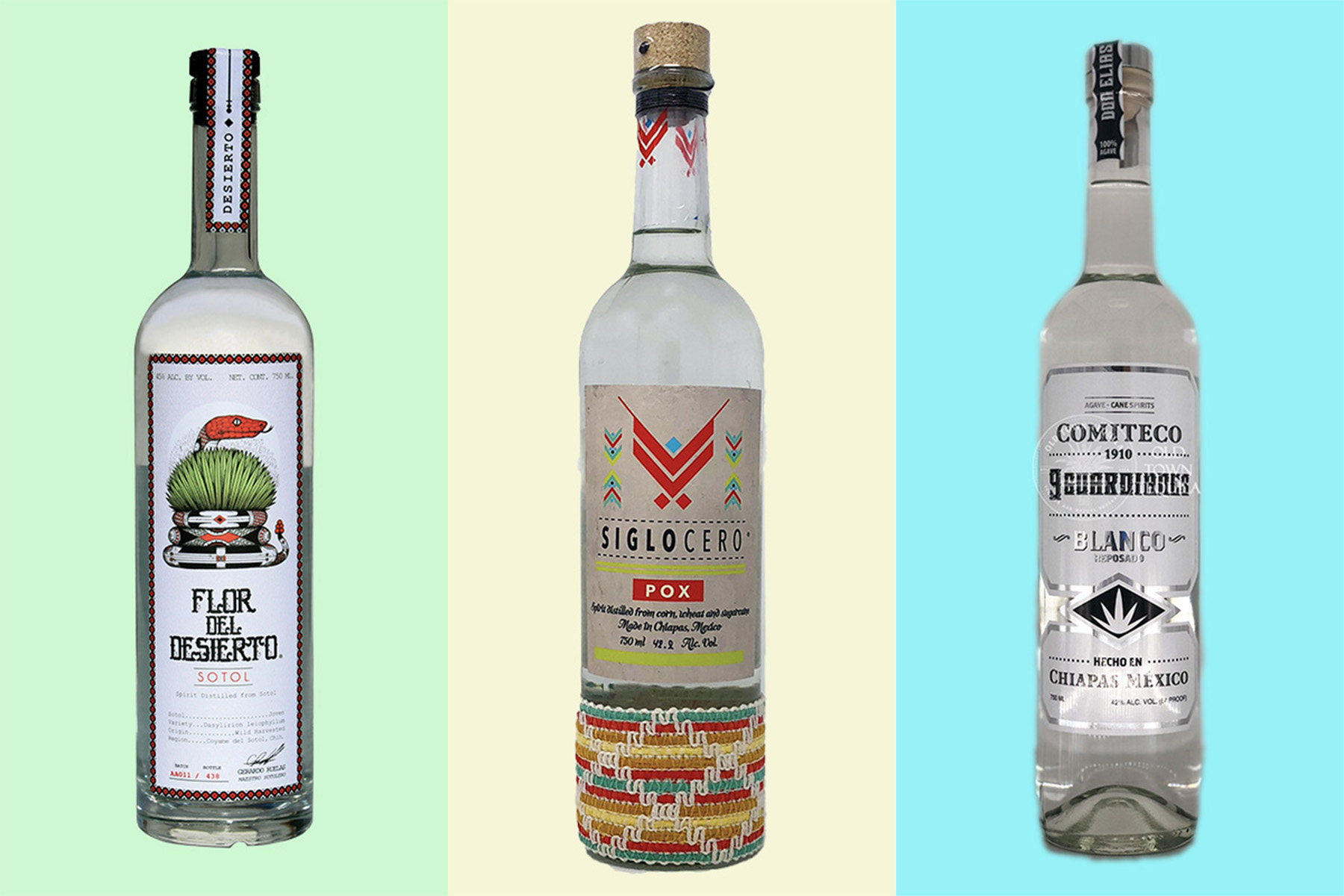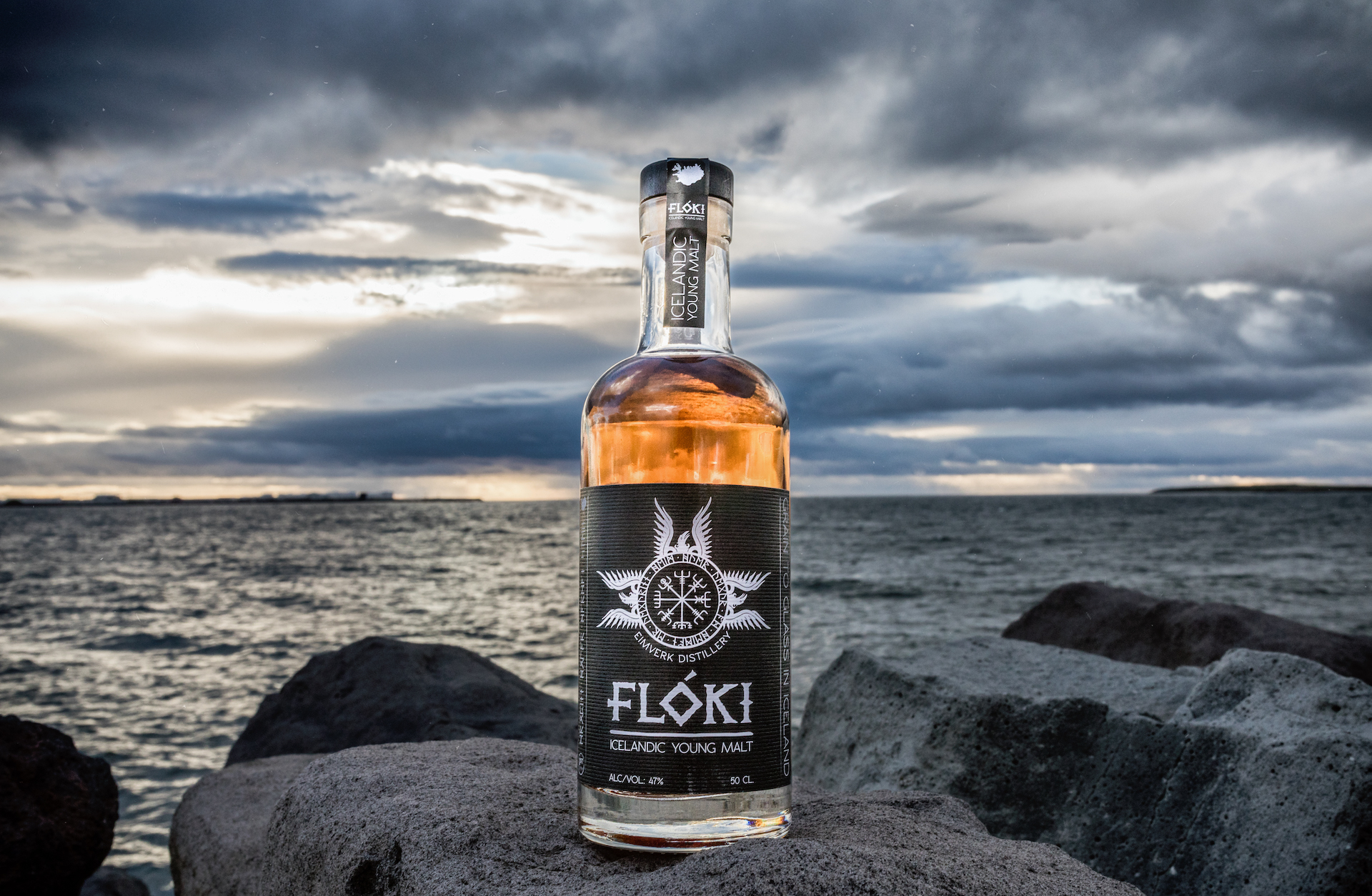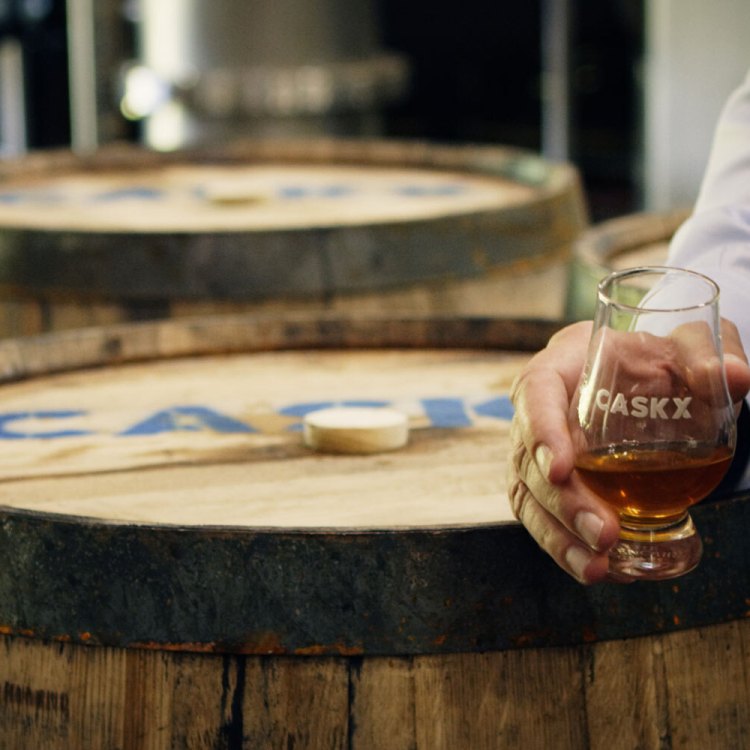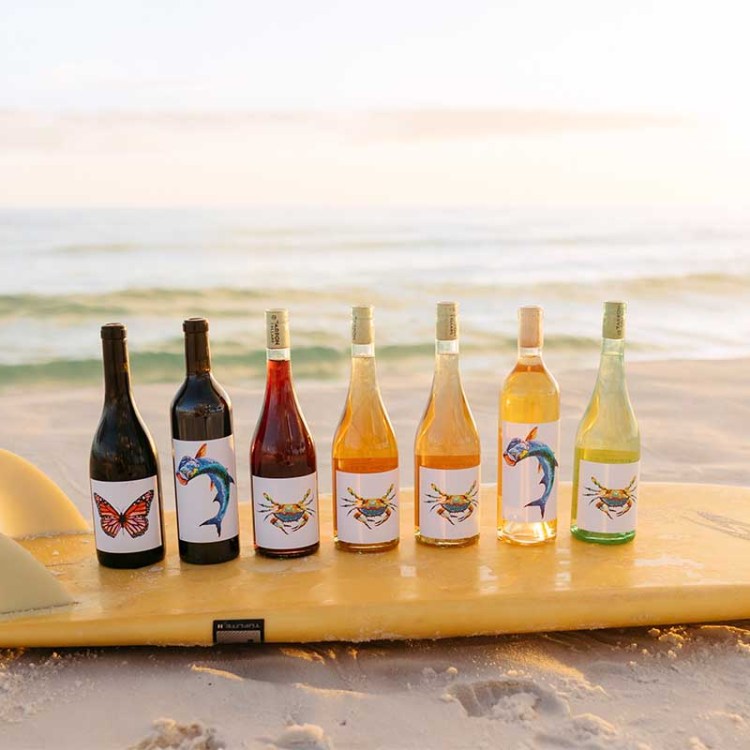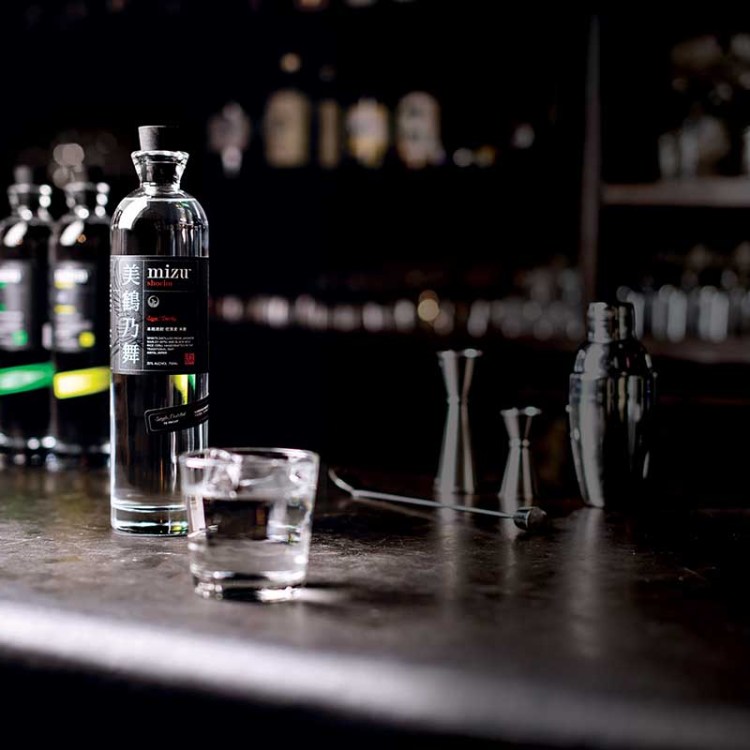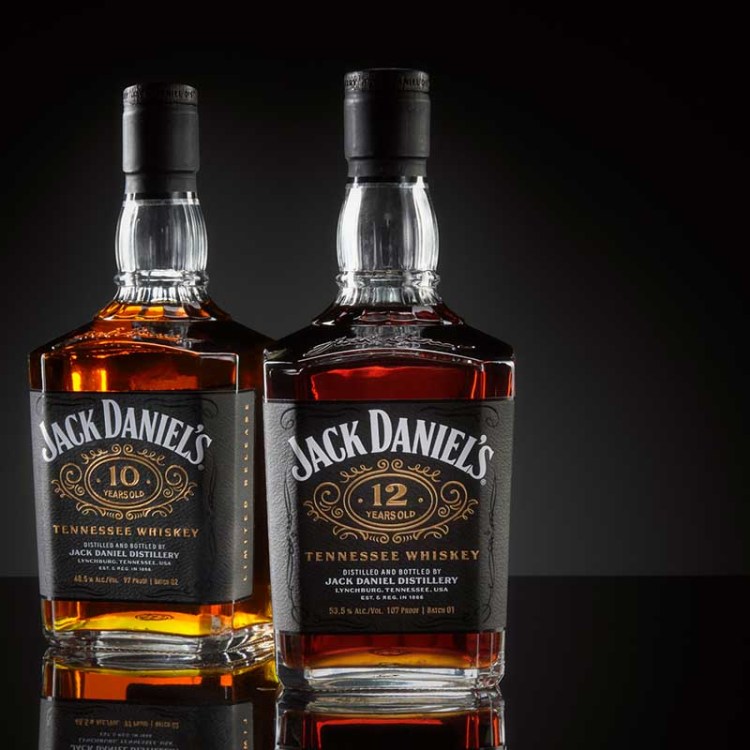Baijiu is a type of spirit from China consisting of four different varieties, each of them clear in appearance and distilled from fermented sorghum or other similar grains but with different flavor and aroma profiles. Worldwide, baijiu is bigger than whiskey — actually, a lot bigger — but the average American consumers has probably never come across it.
Thing is, baijiu isn’t an outlier. There are plenty of national liquors and spirits that are immensely popular outside the confines of the U.S., several of which you’ve probably never heard of or tasted before.
While the world is slow to open up — and many countries are keeping their alcohol sales under lock and key due to the ongoing pandemic — we thought it’d be a good time to shine a light on these international boozy treasures and offer up suggestions for bottles of each that you might be able to find here on our shores.

Rakija
A fruit spirit (also known as rakia) from the Balkans, made by hand and utilizing plums, apricots, grapes and other fruits as a base. The taste has been compared to sake or grappa, and it’s a sipping drink. A recent release is Yebiga’s “Bela,” a kosher, handcrafted šljivovica (or plum rakija), handmade on a farm from čačanska rodna plums found on the mountain Goč in Central Serbia. And it’s currently being imported here by, randomly, Faith No More bassist Bill Gould, via his company IZTOK LLC.

Shochu
Somewhere between sake and baijiu (or vodka) lies this easy-drinking Japanese starch-based white spirit, which could be distilled from rice, barley, brown sugar or sweet potato. At around 25% ABV — although a modern release like iichiko Saiten will have it at 43% for bartenders — it’s often mixed with hot water but can also be used in a cocktail (it makes for a great highball).

Makgeolli
Also known as makkuli, it’s a low-proof, lightly sparkling rice wine from Korea (it’s the area’s oldest-recorded alcoholic beverage) with a milky appearance. Good news? The tart and creamy drink is full of probiotics. Bad news? Freshly made, makgeolli has a short shelf life. So unless you’re in Seoul or don’t mind something with a lot of artificial ingredients, you might want to try it domestically from a can — now available in a couple of fruity iterations via Màkku, which calls itself America’s first craft makkuli.

Arrack
One of the world’s oldest spirits — Marco Polo commented on it in his 13th century travels — arrack hails from Southeast Asia and is crafted from the fermented sap of coconut flowers (“toddy”), sugarcane or rice. Bartenders seem partial to Batavia Arrack van Oosten, which “combines smoky fruitiness with a vegetal funk.”

Arak
The Arabic word for sweat or perspiration, the ancient spirit of arak — not to be confused with arrack — is a Mediterranean drink made from fermented grapes and aniseed, which (natch) leads to a slight licorice flavor. Hailing from the West Bank, the once basement-crafted Arak Muaddi is starting to win a lot of awards.
This article was featured in the InsideHook newsletter. Sign up now.

